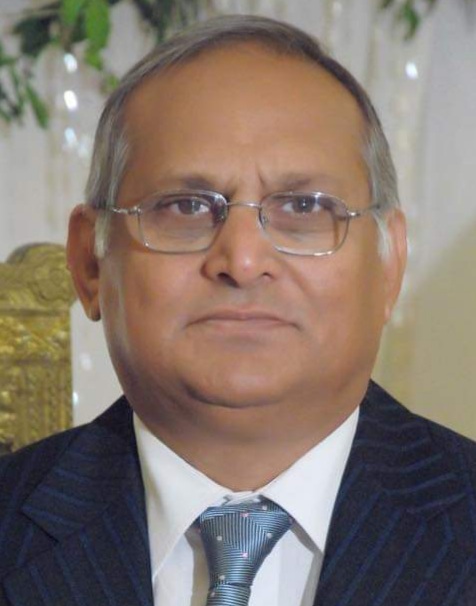By Ghulam Haider Shaikh
The recent revelations presented before the Public Accounts Committee (PAC) by the Auditor General of Pakistan are a damning indictment of the country’s governance and regulatory failures. The pre-export price of sugar stood at Rs 143 per kilogram, yet it is now retailing at over Rs 200 — a staggering rise that appears neither accidental nor market-driven. According to the Auditor General, this discrepancy has resulted in billions being unjustly pocketed, with little benefit to the state or its people. This development is not just an economic scandal; it is a moral one that demands transparent investigation and unflinching accountability.
This is not the first time sugar — a basic household commodity — has become the epicenter of national outrage. The pattern is familiar: government allows or overlooks sugar exports despite local shortages, prices skyrocket, cartels rake in massive profits, and then a public outcry follows. Yet, rarely is anyone held truly accountable. Reports are tabled, inquiries initiated, and sometimes even names are published — but consequences remain elusive. The result? Emboldened cartels, weakened institutions, and a helpless consumer base.
What makes the sugar crisis even more alarming is the fact that many of the major sugar mill owners are themselves part of the current ruling elite. Several prominent political figures and their families either own or hold significant stakes in sugar mills across the country. This creates a glaring conflict of interest — where those in charge of regulating and making decisions on exports and subsidies are also directly benefiting from those very policies. When power and profit become so deeply intertwined, it becomes nearly impossible to expect impartial governance or transparent policy-making.
The implications of this sugar price manipulation go far beyond the numbers. It exposes the deep-rooted nexus between power and profiteering — where certain business and political elites seem to operate with impunity. If billions have indeed been made through artificial shortages and export manipulation, it means that those in control prioritized personal gain over national stability. And worse, they did so while millions of Pakistanis struggled with food inflation and economic distress.
The role of regulatory bodies must also come under scrutiny. Where was the Competition Commission when prices began to rise abnormally? What did the Ministry of Commerce or Finance do when the export permissions were granted despite the looming domestic demand? Why was the Utility Stores Corporation — tasked with providing relief to the common citizen — not equipped or empowered to intervene? These questions demand answers, not in press conferences or vague statements, but through documented, public proceedings.
Equally concerning is the silence that follows such revelations. Once the news cycle moves on, so does the political urgency. This collective apathy, whether deliberate or systemic, must end. The sugar price crisis is not just about inflation; it’s about institutional credibility. If the PAC and Auditor General — two of the state’s oversight pillars — are ignored or undermined, what signal does that send to the public? That accountability is only for optics?
Moreover, the government’s inability — or unwillingness — to prevent such profiteering shakes investor confidence, discourages fair market practices, and places Pakistan further down the ranks of economic transparency. International bodies, too, take notice when domestic markets are manipulated with state complicity or negligence. The price is paid not only by consumers but by the economy at large.
To move forward, the government must take decisive steps. First, those who allowed or facilitated exports amid a known shortfall must be named and investigated. Second, the billions allegedly pocketed must be traced, taxed, and, where possible, recovered. Third, structural reforms in market regulation and commodity forecasting must be urgently implemented. And finally, there must be legal consequences — not just political fallout — for those found guilty.
Sugar is a symbol here — one commodity among many where corruption festers. But addressing it head-on could set a precedent. The people of Pakistan deserve not just affordable sugar but honest governance. If this scandal is allowed to fade into bureaucratic obscurity, then the message will be clear: profiteering pays, and justice remains optional.

